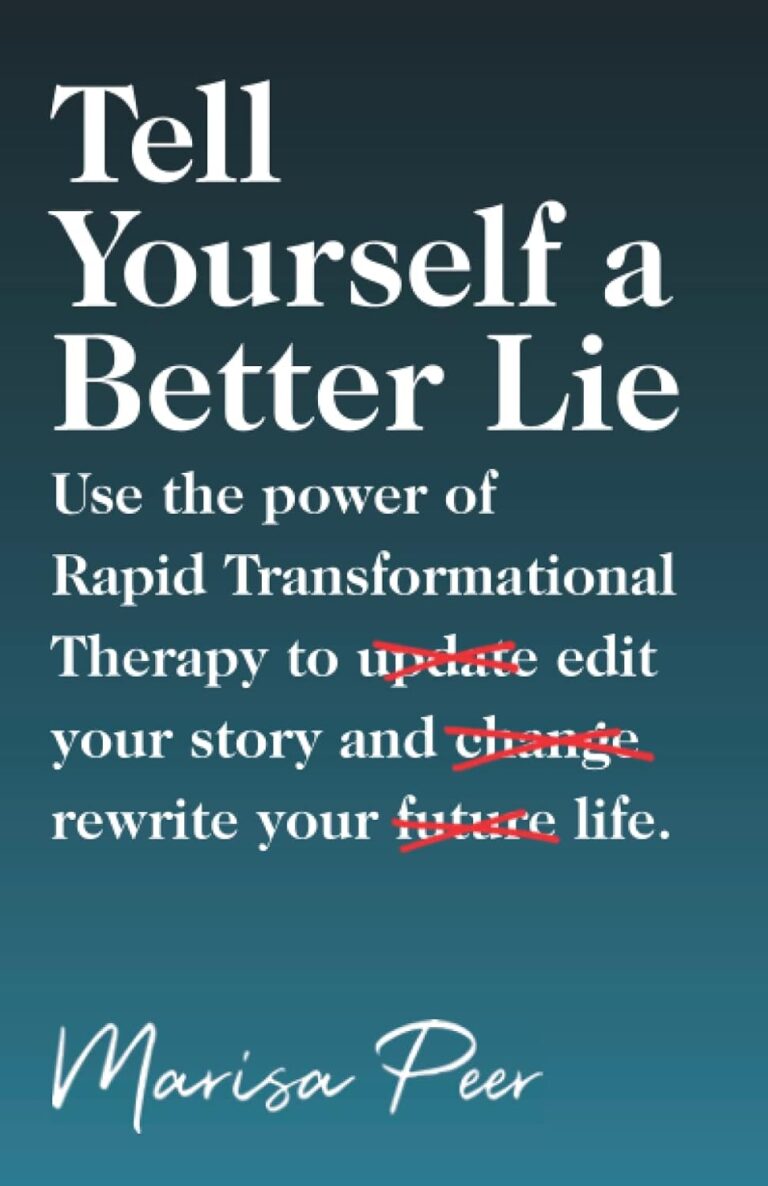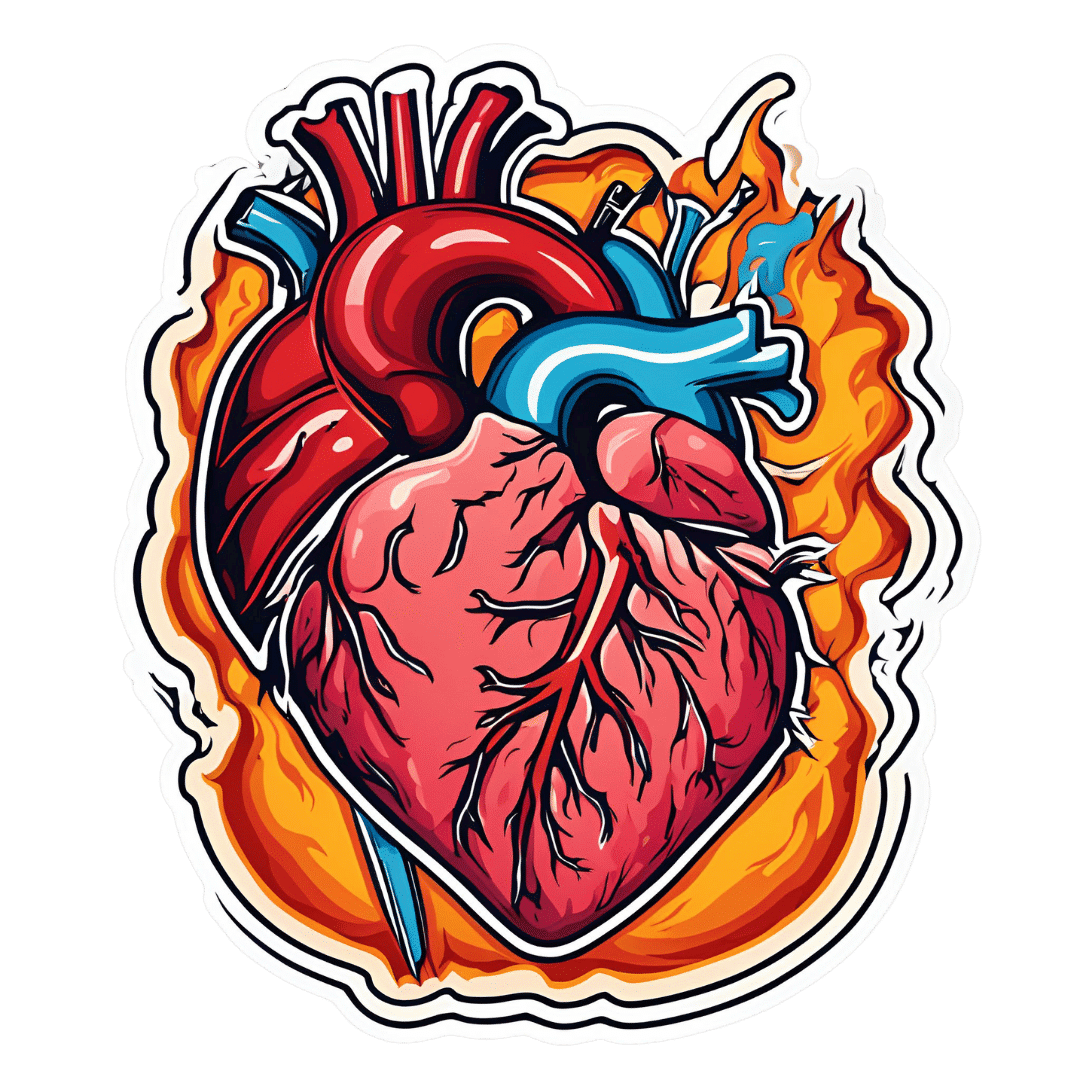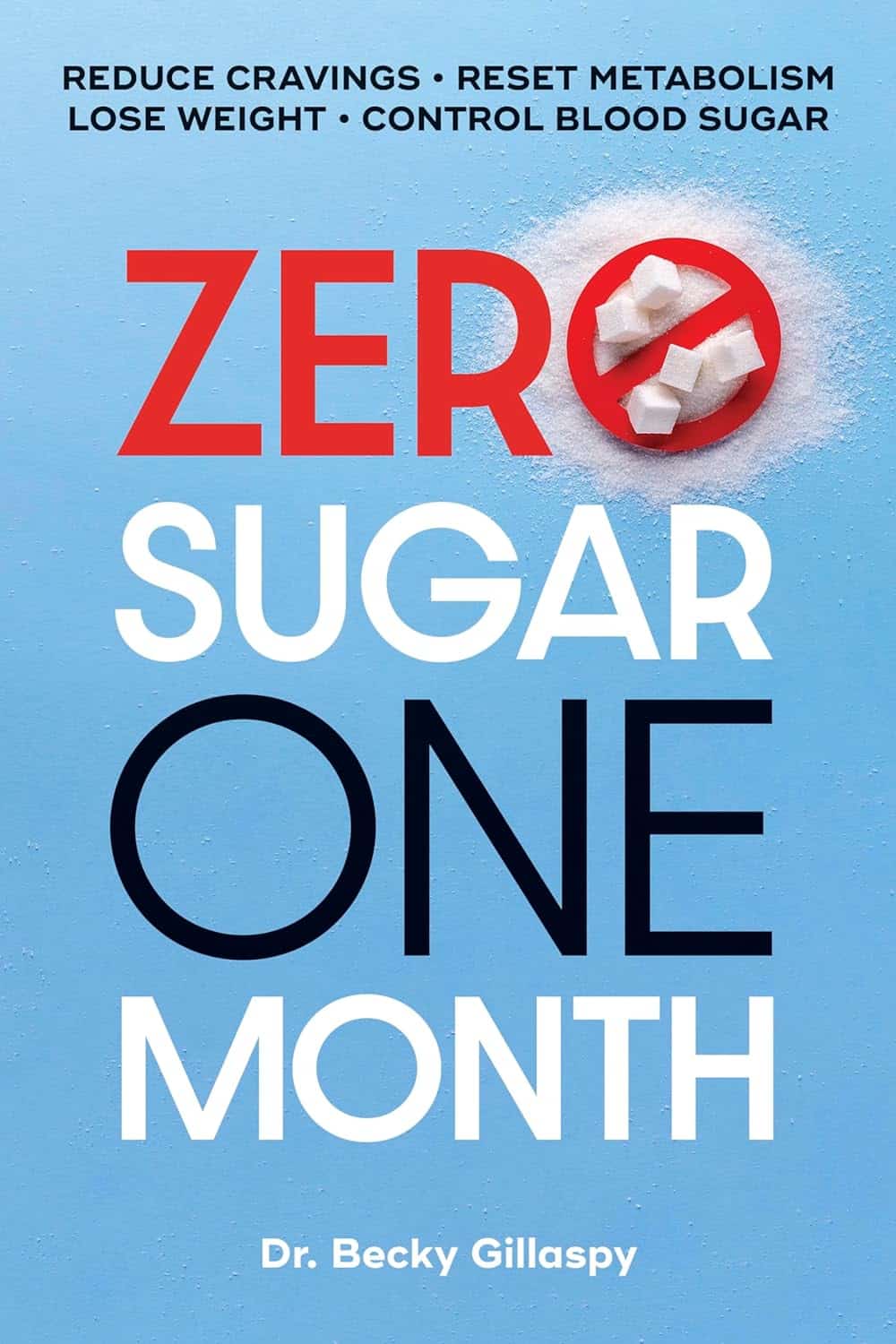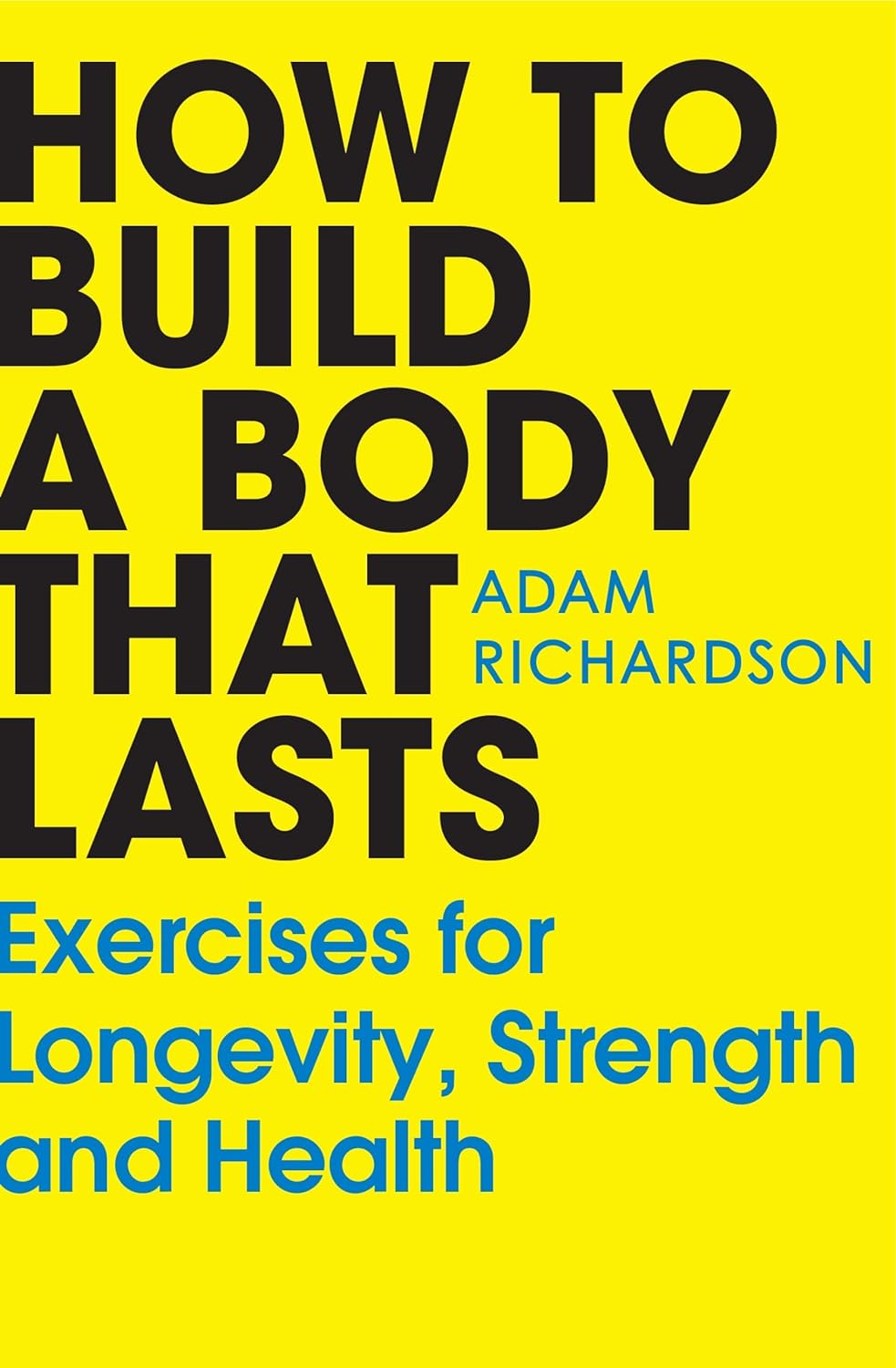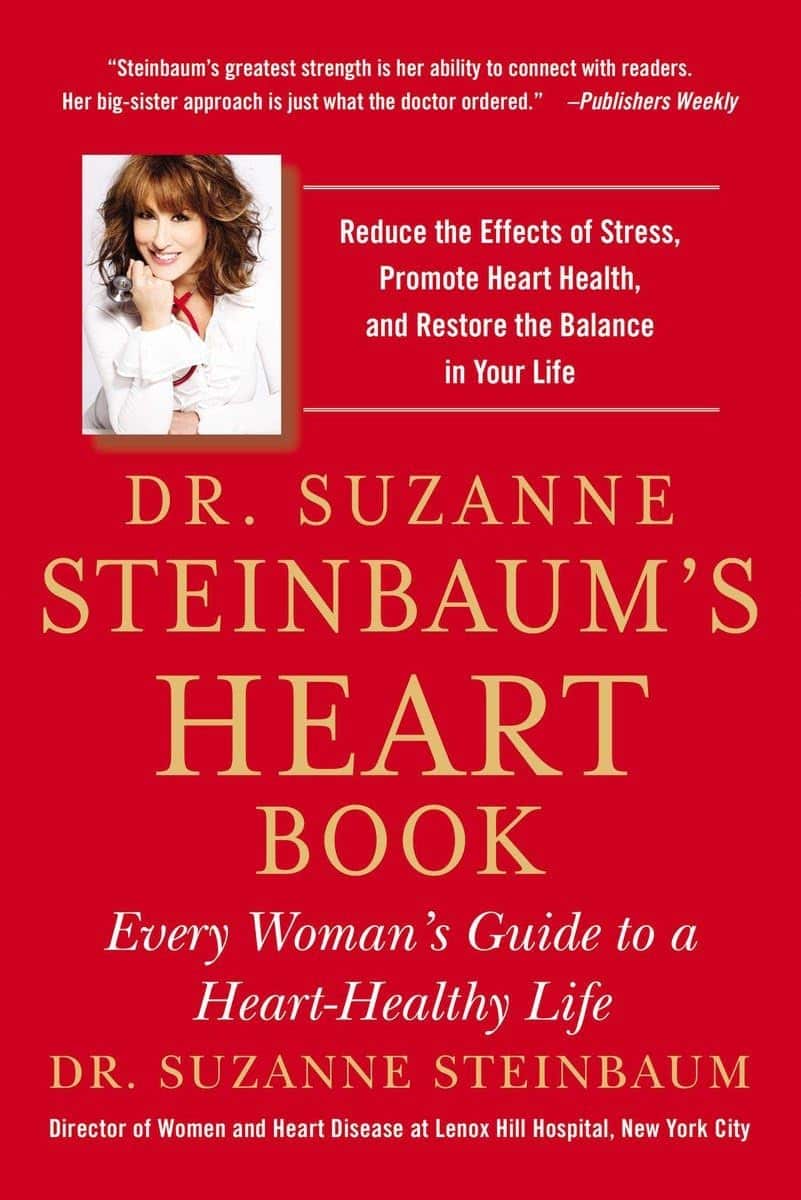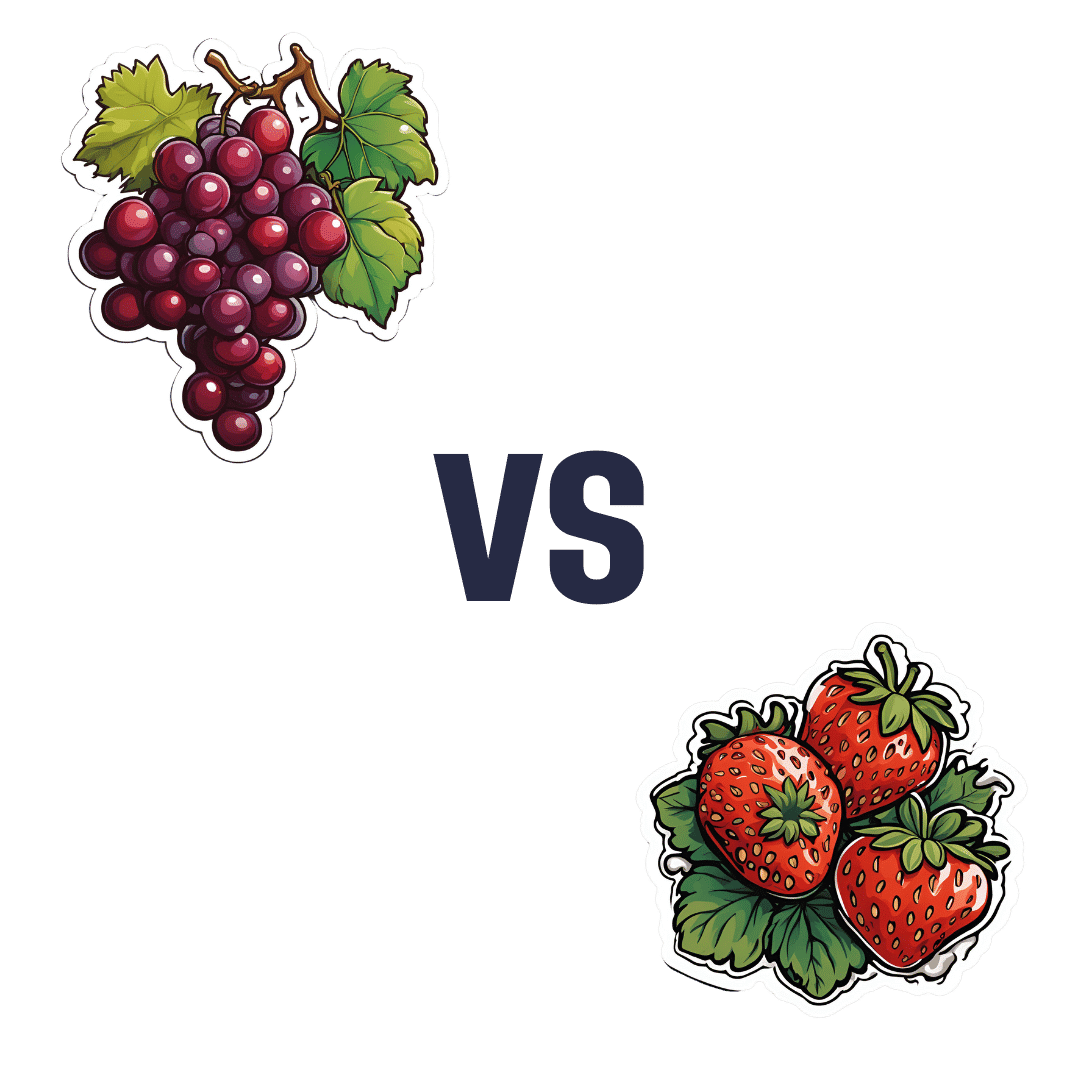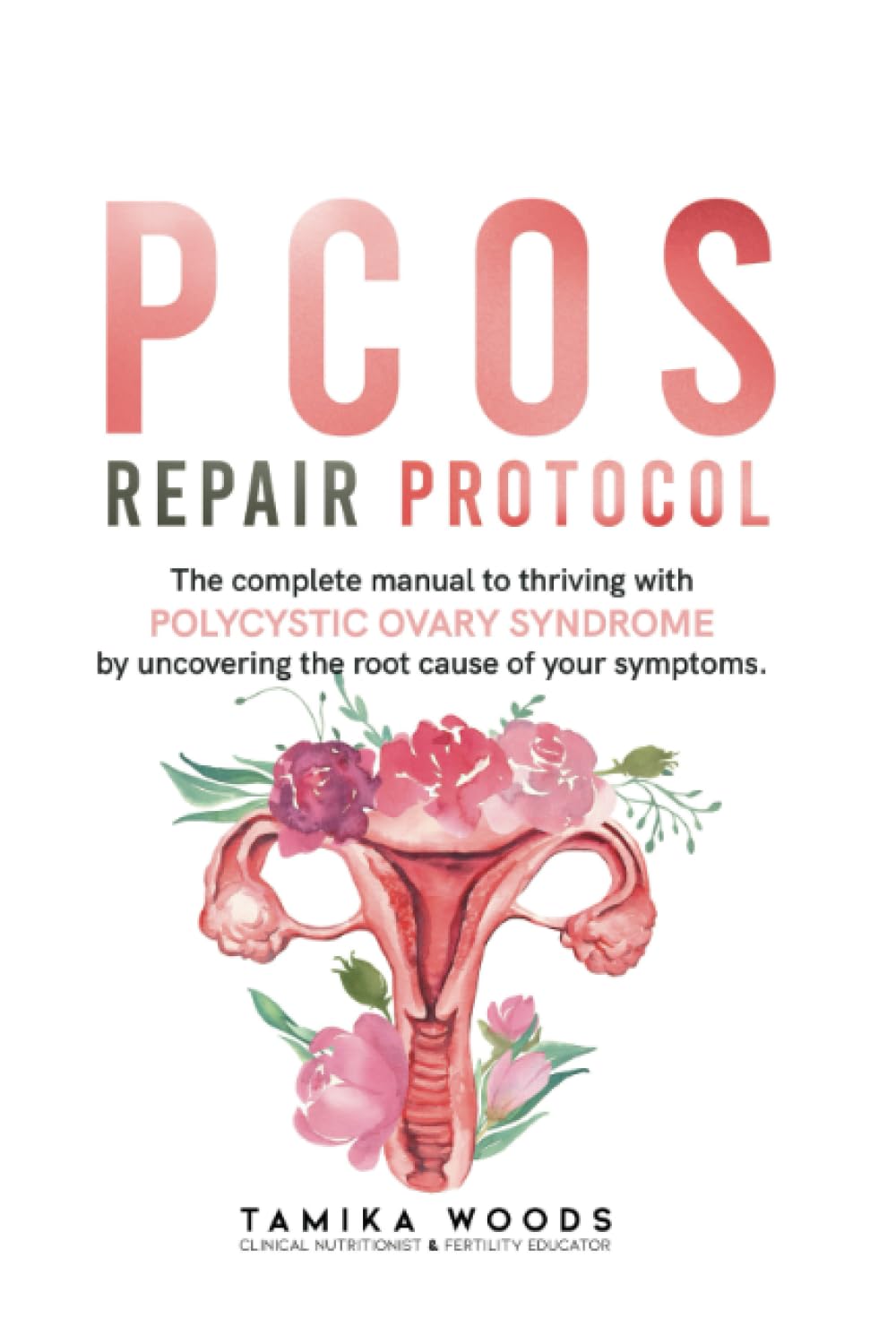
PCOS Repair Protocol – by Tamika Woods
10almonds is reader-supported. We may, at no cost to you, receive a portion of sales if you purchase a product through a link in this article.
PCOS (Polycystic Ovary Syndrome) affects about 1 in 5 women, and the general position of the medical establishment is “Oh dear, how sad; never mind”.
…which leaves a lot of people suffering with symptoms with little to no help.
This book looks to address that, and while it doesn’t claim to cure PCOS, it offers a system for managing (including: reducing) the symptoms. The author, a clinical nutritionist by academic background, tackles this in large part via being mindful about what one eats, in the context of the gut and endocrine system specifically.
It’s not just “have a gut healthy diet and eat foods with these nutrients”, though (although yes: also that). Rather, the author walks us through in-depth quizzes and lab testing advice, to advise the reader on how to understand the root cause of your PCOS symptoms, and then address each of those with an individualized management plan.
The style is on the low-end of pop-science, notwithstanding the clinically-informed content. For those who like a very chatty informal approach, you’ll find this one perfect. For those who don’t, well, you won’t find this one perfect, but you will most likely find it informative all the same.
Bottom line: if you or someone you care about (do you know 5 women?) has PCOS, the information in here could make a difference.
Click here to check out PCOS Repair Protocol, and suffer less!
Don’t Forget…
Did you arrive here from our newsletter? Don’t forget to return to the email to continue learning!
Recommended
Learn to Age Gracefully
Join the 98k+ American women taking control of their health & aging with our 100% free (and fun!) daily emails:
-
Before You Reach For That Tylenol…
10almonds is reader-supported. We may, at no cost to you, receive a portion of sales if you purchase a product through a link in this article.
First, on names: we’ve titled this with “Tylenol” because that’s a well-known brand name, but the drug name is paracetamol or acetaminophen:
- paracetamol is the drug name used by the World Health Organization, and thus also most countries.
- acetaminophen is the drug name used in Canada, Colombia, Iran, Japan, US, and Venezuela.
They are absolutely the same drug.
Firstly, obviously, do avoid overdose
The safe dosage described on the packet is generally accurate (usually around 4g/day, spaced out at 1g per 4 hours), and the dose required for toxicity is generally about 10g, or 200mg/kg body weight, whichever is lower. Since a single dose usually contains 2x 500mg = 1g, that makes overdose all too easy.
The amount required for toxicity can be misleading too, because that’s assuming…
- a healthy liver
- no other health problems
- no other medications that interact or add to the toxicity
- no medications that strain the liver (as with many pro-drugs, and drugs in general that are metabolized by the liver, which is lots).
Which is a lot of assumptions! Especially given that the liver can only process so much at once, meaning that if your liver has a lot of things to do, it can get a backlog, and you think “I’m not taking anything with this painkiller that I shouldn’t” but your liver is still metabolizing the last of last night’s glass of wine and one of your regular medications from this morning, because previously it was still metabolizing things from the day before yesterday, and so on.
See also: How To Regenerate Your Liver ← the liver is an incredible organ that does an amazing job, but it can’t do that if you don’t do this
Please don’t overdose deliberately either. Intentional overdoses make up a very large portion of acetaminophen overdoses (exact figures vary from year to year and place to place, but it’s always high), and what a lot of people doing that don’t realize is:
- it’s a very unpleasant way to die. You’ll take it, you might get some initial symptoms within the first hours or you might not, then you’ll probably feel better, and then the next day or so, you’ll enter the organs-shutting-down stage that usually will take most of a week to kill you slowly and painfully. Often your kidneys will go first but it’ll usually be liver necrosis that deals the final blow.
- it’s very difficult to treat. Stomach-pumping might work if you get it within 1 hour of overdose, and activated charcoal might help if you get it within 2 hours. Acetylcysteine may reduce the toxicity if you get it within the 8–48 hour window (depending on the speed of gastric emptying), but whether or not that will help depends on the severity of the overdose and other factors, so this is not something to bet on. After 48 hours, a liver transplant is the last resort, without which, mortality is around 95%.
Unfortunately, this means that a lot of people who do not intend to die horribly, and hoped to either die peacefully or else be saved, die horribly instead.
Ok, that was not a cheerful topic but it is important, before moving on, we’ll just put this here for anyone it may benefit:
How To Stay Alive (When You Really Don’t Want To) ← this is about suicidality, in yourself or others
Secondly, that dosage is for occasional use only
The problem often starts like this:
❝Due to its perceived safety, paracetamol has long been recommended as the first line drug treatment for osteoarthritis by many treatment guidelines, especially in older people who are at higher risk of drug-related complications❞
People with chronic pain, whether high or low on the pain level of that chronic pain, can very easily get into a habit of “I’ll just take this to take the edge off”, for example when getting up in the morning (often a trigger for pain starting) or going to bed at night (one needs to sleep and the pain is a barrier to that).
But… Those events, getting up and going to bed, it means that taking the drug also becomes part of one’s morning/evening routine—with many people even metering the doses out into pill organizers for the week, with this in mind.
A large (n=582,961) study looked at two groups of people, all aged 65+:
- 180,483 people who had been prescribed paracetamol repeatedly (≥2 prescriptions within six months)
- 402,478 people of the same age who had never been prescribed paracetamol repeatedly
The findings? Bearing in mind that “≥2 prescriptions within six months” is not something generally considered excessive…
❝Acetaminophen use was associated with an increased risk of peptic ulcer bleeding (aHR 1.24; 95% CI 1.16, 1.34), uncomplicated peptic-ulcers (aHR 1.20; 95% CI 1.10, 1.31), lower gastrointestinal-bleeding (aHR 1.36; 95% CI 1.29, 1.46), heart-failure (aHR 1.09; 95% CI 1.06, 1.13), hypertension (aHR 1.07; 95% CI 1.04, 1.11), and chronic kidney disease (aHR 1.19; 95% CI 1.13, 1.24).❞
The researchers concluded:
❝Despite its perceived safety, acetaminophen is associated with several serious complications. Given its minimal analgesic effectiveness, the use of acetaminophen as the first-line oral analgesic for long-term conditions in older people requires careful reconsideration.❞
You can see the study itself here: Incidence of side effects associated with acetaminophen in people aged 65 years or more: a prospective cohort study using data from the Clinical Practice Research Datalink
What to use instead?
It’s been established that taking aspirin regularly isn’t great either:
See: Low-Dose Aspirin & Anemia and Aspirin, CVD Risk, & Potential Counter-Risks
And as for ibuprofen, we don’t have an article about that yet, but it’s gut-unhealthy (harms your microbiome), and besides, anything it can do, ginger can do as well or better (in head-to-head trials; we’re not speaking hyperbolically here):
Ginger Does A Lot More Than You Think ← in fact, it was even found as effective as the combination of acetaminophen, ibuprofen, and caffeine
There are other options though, and as pain is complicated and there’s no one-size-fits-all solution, we’ve compiled the following:
- Dial Down Your Pain
- Stop Pain Spreading
- Managing Chronic Pain (Realistically!)
- The 7 Approaches To Pain Management
- Science-Based Alternative Pain Relief ← when painkillers aren’t helping, these things might
Take care!
Share This Post
-
How To Survive A Heart Attack When You’re Alone
10almonds is reader-supported. We may, at no cost to you, receive a portion of sales if you purchase a product through a link in this article.
Dr. Alan Mandel emphasizes the importance of staying calm and following these steps to improve survival chances:
Simple is best
Here’s how you will survive a heart attack alone: briefly.
So, you will need to get help as quickly as possible. 90% of people who make it to a hospital alive, go on to survive their heart attack, so that’s your top priority.
Call emergency services as soon as you suspect you are having a heart attack. Stay on the line, and stay calm.
While having a heart attack is not an experience that’s very conducive to relaxation, heightened emotions will exacerbate things, so focus on breathing calmly. One of the commonly reported symptoms of heart attack that doesn’t often make it to official lists is “a strong sense of impending doom”, and that is actually helpful as it helps separate it from “is this indigestion?” or such, but once you have acknowledged “yes, this is probably a heart attack”, you need to put those feelings aside for later.
If you have aspirin available, Dr. Mandel says that the time to take it is once you have called an ambulance. However, if aspirin is not readily available, do not exert yourself trying to find some; indeed, don’t move more than necessary.
Do not drive yourself to hospital; it will increase the risk of fainting, and you may crash.
While you are waiting, your main job is to remain calm; he recommends deep breathing, and lying with knees elevated or feet on a chair; this latter is to minimize the strain on your heart.
For more on all this, plus the key symptoms and risk factors, enjoy:
Click Here If The Embedded Video Doesn’t Load Automatically!
Want to learn more?
You might also like to read:
Heart Attack: His & Hers (Be Prepared!)
Take care!
Share This Post
-
Zero Sugar / One Month – by Becky Gillaspy
10almonds is reader-supported. We may, at no cost to you, receive a portion of sales if you purchase a product through a link in this article.
We’ve reviewed books about the evils of sugar before, so what makes this one different?
This one has a focus on helping the reader quit it. It assumes we already know the evils of sugar (though it does cover that too).
It looks at the mechanisms of sugar addiction (habits-based and physiological), and how to safely and painlessly cut through those to come out the other side, free from sugar.
The author gives a day-by-day plan, for not only eliminating sugar, but also adding and including things to fill the gap it leaves, keeping us sated, energized, and happy along the way.
In the category of subjective criticism, it does also assume we want to lose weight, which may not be the case for many readers. But that’s a by-the-by and doesn’t detract from the useful guide to quitting sugar, whatever one’s reasons.
Bottom line: if you would like to quit sugar but find it hard, this book thinks of everything and walks you by the hand, making it easy.
Click here to check out Zero Sugar / One Month, and reap the health benefits!
Share This Post
Related Posts
-
How To Build a Body That Lasts – by Adam Richardson
10almonds is reader-supported. We may, at no cost to you, receive a portion of sales if you purchase a product through a link in this article.
This book is written on a premise, and that premise is: “your age doesn’t define your mobility; your mobility defines your age”.
To this end, we are treated to 328 pages of why and how to improve our mobility (mostly how; just enough on the “why” to keep the motivation flowing).
Importantly, Richardson doesn’t expect that every reader is a regular gym-bunny or about to become one, doesn’t expect you to have several times your bodyweight in iron to life at home, and doesn’t expect that you’ll be doing the vertical splits against a wall any time soon.
Rather, he expects that we’d like to not dislocate a shoulder while putting the groceries away, would like to not slip a disk while being greeted by the neighbor’s dog, and would like to not need a 7-step plan for putting our socks on.
What follows is a guide to “on the good end of normal” mobility that is sustainable for life. The idea is that you might not be winning Olympic gymnastics gold medals in your 90s, but you will be able to get in and out of a car door as comfortably as you did when you were 20, for example.
Bottom line: if you want to be a superathlete, then you might need something more than this book; if you want to be on the healthy end of average when it comes to mobility, and maintain that for the rest of your life, then this is the book for you.
Click here to check out How To Build A Body That Lasts, and build a body that lasts!
Don’t Forget…
Did you arrive here from our newsletter? Don’t forget to return to the email to continue learning!
Learn to Age Gracefully
Join the 98k+ American women taking control of their health & aging with our 100% free (and fun!) daily emails:
-
Dr. Suzanne Steinbaum’s Heart Book – by Dr. Suzanne Steinbaum
10almonds is reader-supported. We may, at no cost to you, receive a portion of sales if you purchase a product through a link in this article.
The book is divided into three parts:
- What you should know
- What you should do
- All about you
This is a very useful format, since it lays out all the foundational knowledge, before offering practical advice and “how to” explanations, before finally wrapping up with personalizing things.
The latter is important, because while our basic risk factors can be assembled in a few lines of data (age, sex, race, genes, diet, exercise habits, etc) there’s a lot more to us than that, and oftentimes the data that doesn’t make the cut, makes the difference. Hormones on high on this list; we can say that a person is a 65-year-old woman and make a guess, but that’s all it is: a guess. Very few of us are the “average person” that statistical models represent accurately. And nor are social and psychological factors irrelevant; in fact often they are deciding factors!
So, it’s important to be able to look at ourselves as the whole persons we are, or else we’ll get a heart-healthy protocol that works on paper but actually falls flat in application, because the mathematical model didn’t take into account that lately we have been very stressed about such-and-such a thing, and deeply anxious about so-and-so, and a hopefully short-term respiratory infection has reduced blood oxygen levels, and all these kinds of things need to be taken into account too, for an overall plan to work.
The greatest strength of this book is that it attends to that.
The style of the book is a little like a long sales pitch (when all that’s being sold, by the way, is the ideas the book is offering; she wants you to take her advice with enthusiasm), but there’s plenty of very good information all the way through, making it quite worth the read.
Bottom line: if you’re a woman and/or love at least one woman, then you can benefit from this important book for understanding heart health that’s not the default.
Click here to check out Dr. Suzanne Steinbaum’s Heart Book, and enjoy a heart-healthy life!
Don’t Forget…
Did you arrive here from our newsletter? Don’t forget to return to the email to continue learning!
Learn to Age Gracefully
Join the 98k+ American women taking control of their health & aging with our 100% free (and fun!) daily emails:
-
Grapes vs Strawberries – Which is Healthier?
10almonds is reader-supported. We may, at no cost to you, receive a portion of sales if you purchase a product through a link in this article.
Our Verdict
When comparing strawberries to grapes, we picked the strawberries.
Why?
In terms of macros, grapes have more than 2x the carbs while strawberries have more than 2x the fiber, making this category an easy win for strawberries.
In the category of vitamins, grapes have more of vitamins A, B1, B2, B6, and K, while strawberries have more of vitamins B3, B5, B9, C, and E, making for a 5:5 tie with comparable margins of difference.
Looking at minerals, grapes have more potassium and manganese, while strawberries have more calcium, copper, iron, magnesium, phosphorus, selenium, and zinc. A clear win for strawberries here.
When it comes to polyphenols, both of these fruits are abundant in many polyphenols, but it might interest you to know that strawberries have slightly more resveratrol than red/black grapes! Still, it’s close, and there are many other polyphenols in both, and honestly we’re calling this category a tie.
Adding up the sections makes for a compelling overall win for strawberries, but by all means enjoy either or both; diversity is good!
Want to learn more?
You might like:
Can We Drink To Good Health? ← while there are polyphenols such as resveratrol in red wine that per se would boost heart health, there’s so little per glass that you may need 100–1000 glasses per day to get the dosage that provides benefits in mouse studies.
If you’re not a mouse, you might even need more than that!
To this end, many people prefer resveratrol supplementation ← link is to an example product on Amazon, but there are plenty more so feel free to shop around 😎
Enjoy!
Don’t Forget…
Did you arrive here from our newsletter? Don’t forget to return to the email to continue learning!
Learn to Age Gracefully
Join the 98k+ American women taking control of their health & aging with our 100% free (and fun!) daily emails:

